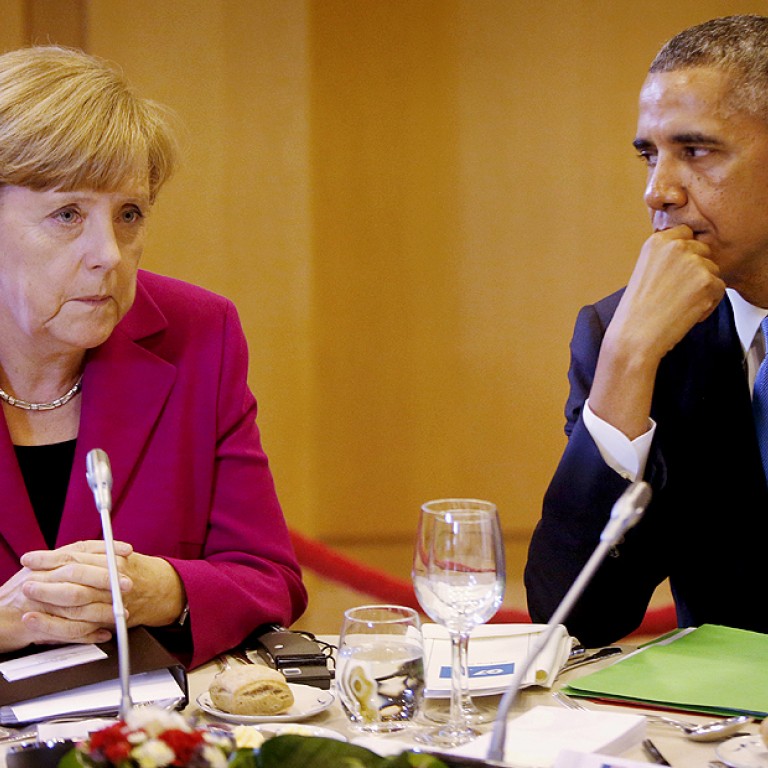
German committee wants to question Edward Snowden in Moscow
US National Security Agency practices have become a major political issue in Germany after reports that it monitored Angela Merkel’s phone calls
With backing from Chancellor Angela Merkel’s grand coalition government, a German parliamentary committee wants to meet former US intelligence contractor Edward Snowden in Moscow in the coming weeks, German network ARD reported on Thursday.
The ruling right-left coalition has resisted opposition demands that Snowden come to Germany to testify to the parliamentary committee looking into the mass surveillance of German citizens by the US National Security Agency (NSA) that he exposed.
The NSA practices have become a major political issue in Germany, which is sensitive to the abuses of such agencies after their Nazi and Communist pasts and reports that the NSA monitored Merkel’s mobile phone calls have cast a shadow over once close US-German relations.
ARD quoted a leader of the committee, Christian Flisek, saying a meeting with Snowden in Moscow would not have the character of witness testifying but rather be a chance to give members a chance to get a better picture of Snowden.
Flisek told ARD that the committee members would have, for instance, the chance to ask Snowden directly whether or not he wanted to return to the United States.
Flisek said it was now up to Snowden to decide if he wants to meet the committee in Moscow, something the Germans would like to do by July 2.
The Greens and Left parties, the two small opposition parties on the committee, voted against the measure because they want Snowden to come to Germany to testify. The coalition-dominated committee voted against that.
Snowden has said he would like to be questioned in Germany. But the German government had told the committee it could not ensure that Snowden would not be detained and possibly extradited to the United States once he arrived.
Russia granted Snowden a year’s asylum in August last year despite the United States wanting Moscow to send him home to face criminal charges, including espionage, for disclosing secret US internet and telephone surveillance programmes.
Last month, Snowden said he was not under the control of Russia’s government and had given Moscow no intelligence documents after nearly a year of asylum there.

